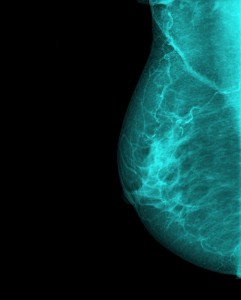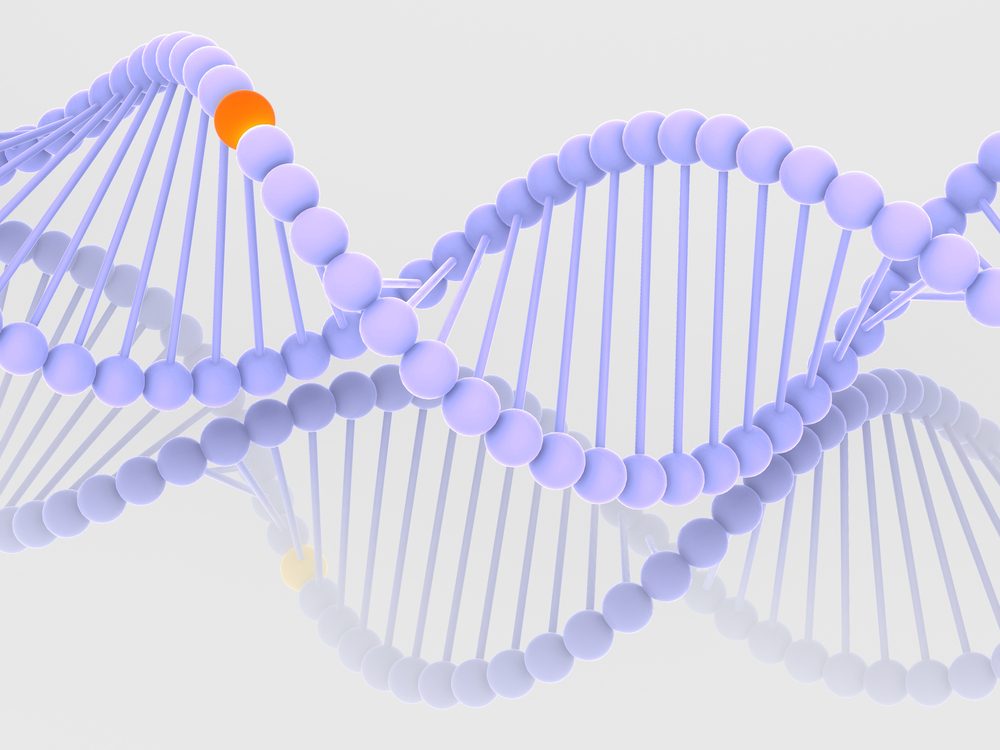 A study published in the latest edition of the journal Human Molecular Genetics used fine-mapping analysis of genetic data to assess the association between individual genetic variations among patients and their susceptibility to being diagnosed with breast cancer (BC). The study, entitled “Fine-mapping identifies two additional breast cancer susceptibility loci at 9q31.2” was led by investigators from the Institute of Cancer Research (ICR), London, in collaboration with 130 teams of researchers across the globe.
A study published in the latest edition of the journal Human Molecular Genetics used fine-mapping analysis of genetic data to assess the association between individual genetic variations among patients and their susceptibility to being diagnosed with breast cancer (BC). The study, entitled “Fine-mapping identifies two additional breast cancer susceptibility loci at 9q31.2” was led by investigators from the Institute of Cancer Research (ICR), London, in collaboration with 130 teams of researchers across the globe.
The international collaborative team of investigators utilized a standardized method of genetic analysis to make an important discovery in the mechanisms of BC oncogenesis.
Fine-mapping is a method of analysis used to distinguish variants in a large number of single nucleotide polymorphisms (SNPs). SNPs are the most common cause of genetic variation in organisms. These differences are due to a change in a nucleotide, which is the building block of DNA. Researchers use SNPs to help identify susceptibility factors to diseases, such as cancer.
In this study, the researchers analyzed 52 studies with data on 103,991 women from European, Asian, and African ancestry, of which half had a previous diagnosis of BC. The studies were either hospital-based or case-control studies, with some specifically selected for known variables such as family history, age, or tumor characteristics.
Focusing the investigation on 2 SNP variants, rs10816625 and rs13294895, for their role in influencing the transcription factor KLF4 a tumor suppressor gene, the researchers found that:
- For women carrying rs10816625, versus those without it, there was a 12% greater chance of developing BC.
- For women carrying rs13294895, there was a 9% greater risk presented.
In a statement explaining the importance of the study and its findings, Dr. Nick Orr, PhD, team leader in Complex Trait Genetics at the ICR and lead study author, said, “Our study zoomed in on an area of our genome that we knew was linked to breast cancer risk, and has identified two new genetic variants that add significantly to our knowledge about the genetic causes of the disease. The more genetic risk factors for breast cancer we discover, of which there are currently more than 80, the more accurately we will be able to predict who is at risk of getting the disease. Ultimately this will be vital for designing preventative strategies against breast cancer.”
[adrotate group=”3″]
Professor Paul Workman, PhD, DSc, Chief Executive of ICR added, “Studies like this are only possible through international collaboration between huge numbers of researchers at institutions across the world, collating together data on enormous numbers of people. The two new variants uncovered by this study could be factored into potential future screening tools for breast cancer that incorporate all known genetic risk factors for the disease. They also provide important clues to the genetic causes of the most common form of breast cancer and potential leads for the discovery of new treatments.”
These results showcase the importance of continued utilization of fine-mapping analysis and international collaborations to make significant discoveries that have the potential to create better outcomes for BC patients.
Dr. Matthew Lam, PhD, Senior Research Officer at Breakthrough Breast Cancer, concurred, stating, “Whilst we are learning more and more each day about the environmental, genetic and lifestyle factors that affect breast cancer risk, it is not yet possible to predict who will get breast cancer, and for women who have been diagnosed with the disease, we can’t yet say what caused it. That’s why Breakthrough Breast Cancer is leading the way to find the answers to these questions through the research we fund, including the Breakthrough Generations Study, the largest study of its kind, following more than 113,000 women from across the UK for 40 years in a bid to find the root causes of breast cancer. Our hope is that as the study continues to report over time, we will eventually be able to identify high-risk women and find ways to prevent them from developing breast cancer in the first place.”

